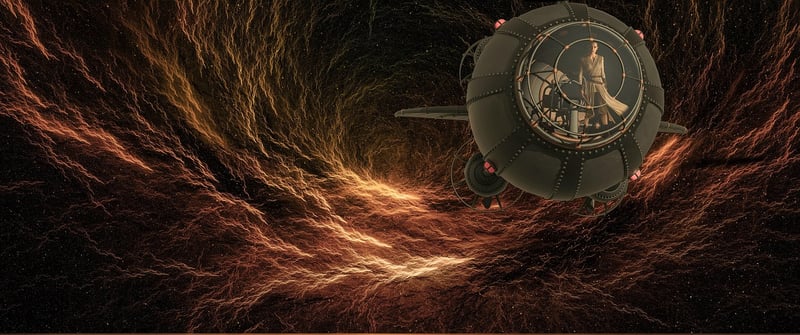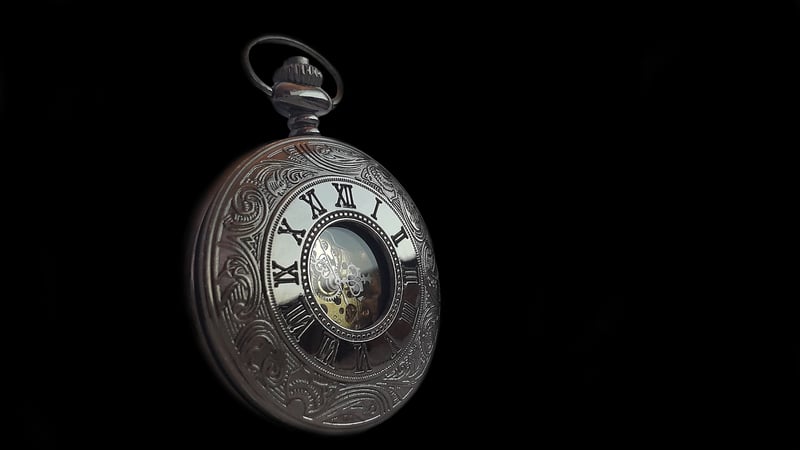Temporal Loops
Understanding Time Conflicts and Temporal Loops
Time conflicts and temporal loops are fascinating concepts that have intrigued science fiction enthusiasts and physicists alike. Let's delve into these intriguing phenomena to gain a better understanding of their implications and how they are portrayed in various forms of media.
Time Conflicts
Time conflicts occur when multiple events in time intersect or overlap, leading to paradoxes and inconsistencies. This phenomenon is often explored in time travel narratives, where characters attempt to alter the past or future, inadvertently creating conflicts that challenge the laws of causality.
One classic example of a time conflict is the grandfather paradox, where a time traveler goes back in time and prevents their grandfather from meeting their grandmother, thus preventing their own birth. This paradox raises questions about the possibility of changing the past and the resulting impact on the future.
Temporal Loops
Temporal loops, also known as closed timelike curves, involve a sequence of events in which an effect becomes its own cause. In simpler terms, a temporal loop is a situation where an event loops back on itself, creating a cycle with no clear beginning or end.
Popularized in movies like "Groundhog Day" and "Looper," temporal loops challenge our understanding of linear time and free will. Characters trapped in a temporal loop often struggle to break free from the cycle, leading to existential dilemmas and philosophical inquiries about destiny and choice.
Exploring Time in Media
Time conflicts and temporal loops have been recurring themes in literature, movies, and TV shows, captivating audiences with their mind-bending narratives. From H.G. Wells' "The Time Machine" to Christopher Nolan's "Tenet," storytellers have used these concepts to explore the complexities of time and its impact on human experience.
Whether used for dramatic effect or as a thought experiment, time conflicts and temporal loops continue to inspire creative works that push the boundaries of storytelling and challenge our perception of reality.
Conclusion
By understanding time conflicts and temporal loops, we can appreciate the intricacies of time travel fiction and the philosophical questions they raise. These concepts not only entertain us but also prompt us to ponder the nature of time, causality, and the choices that shape our existence.
Next time you encounter a time travel story or a narrative involving temporal loops, take a moment to reflect on the profound ideas they convey and the mysteries they unravel about the nature of time itself.


References:
